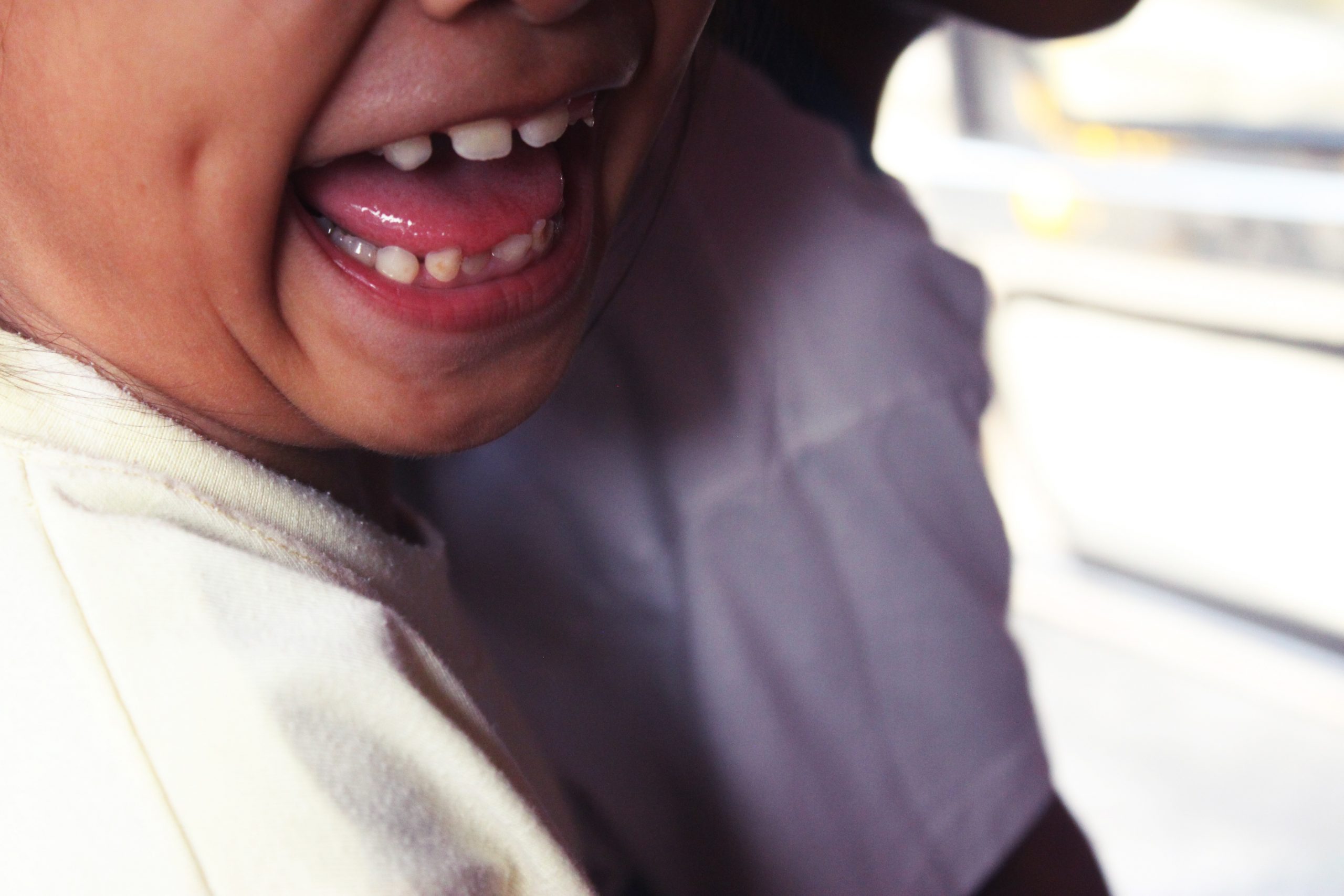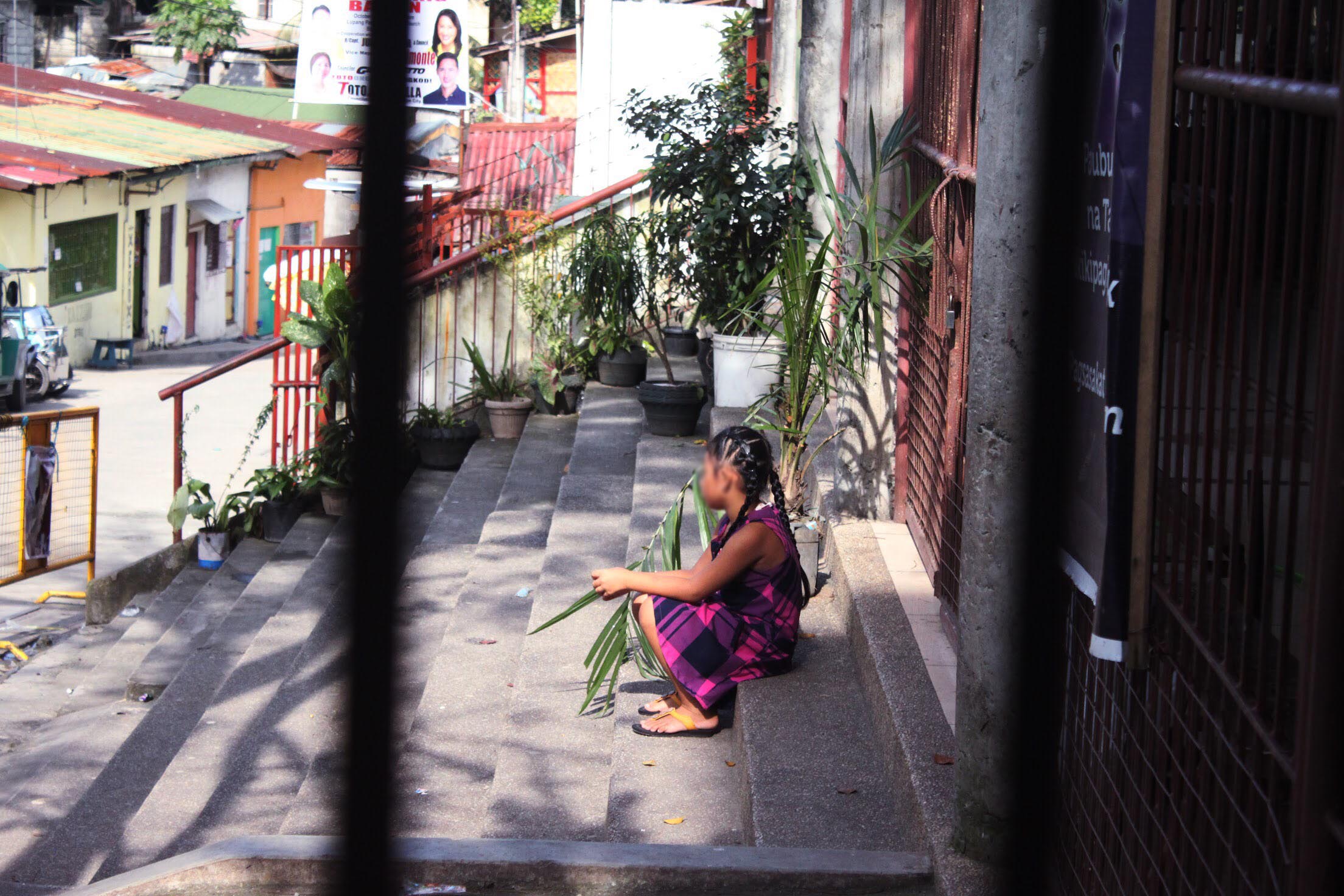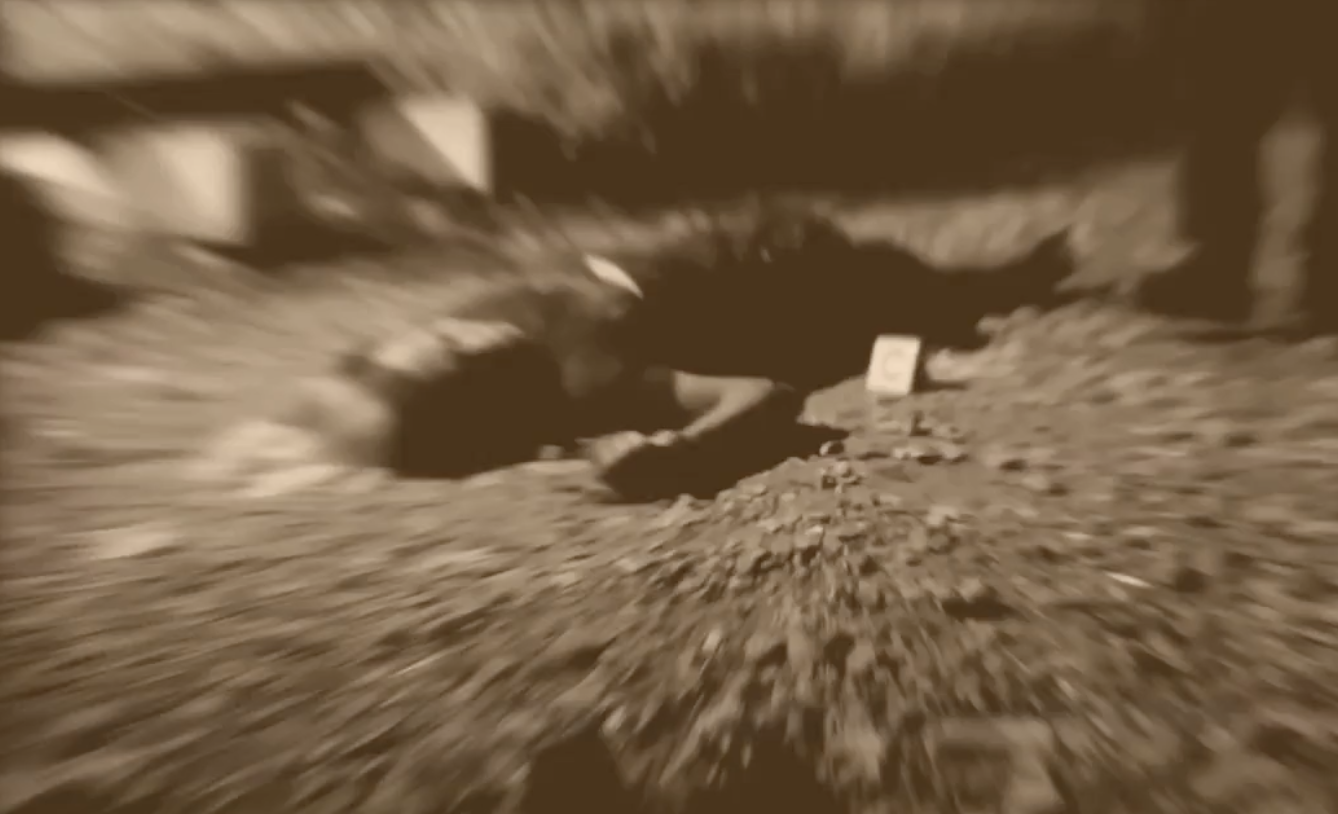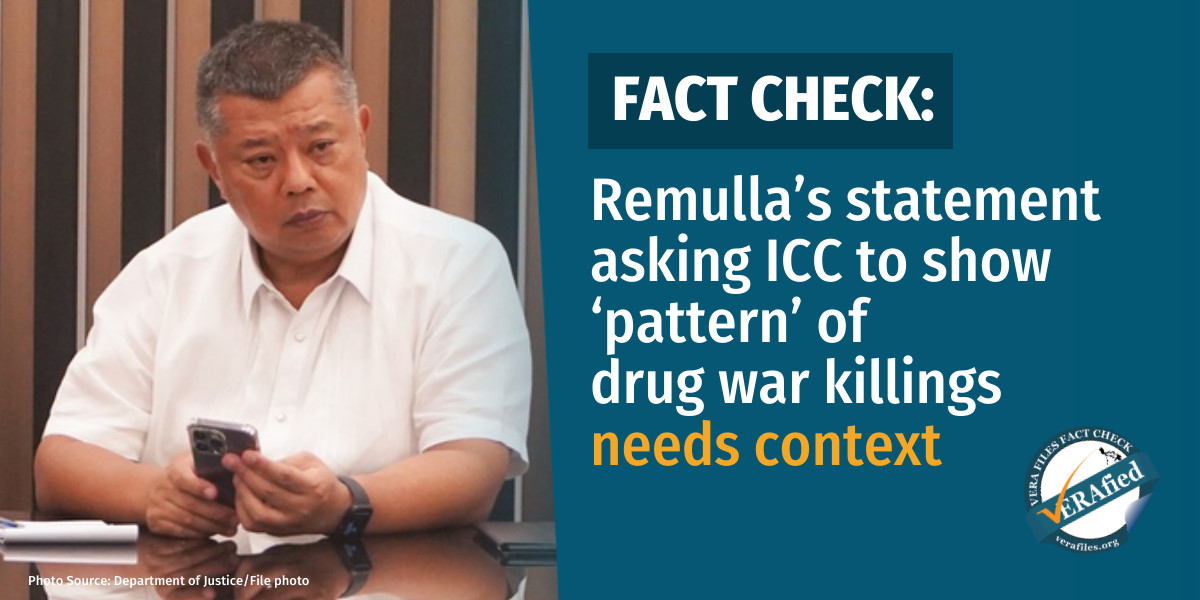Conclusion
Many children left behind by fathers killed in government’s war against drugs have been left to the care of grandmothers.
Whether it be because the mother had been dead, taken to prison, had left because of grief, or is in an unstable condition to support the children, these children are left to grandmothers who, because of their age, should no longer be working, let alone be supporting an entire family.
Yet in interviews with social workers from Project SOW which stands for Support for Orphans and Widows and Rise Up for Life and for Rights Philippines, elderly people whose ages range from 60 to 90 shared how they are forced to take care of several children alone, doing laundry the first week then selling vegetables the next just to earn money to feed all of the children. Their situation gets worse whenever someone in the family gets sick.
According to a report by Amnesty International, most of the victims of drug-related killings already belong to the poorest urban neighborhoods in the country. Now that the breadwinner of the family is gone, the children have sunk deeper into poverty.
“Nang buhay pa siya, wala talaga kaming problema (When he was still alive, we really didn’t have any problems),” Lola Kyla, the grandmother of the children Henry and Joyce whose parents were supposed to marry after living together for many years. The wedding never took place because their father, Ronald, was shot dead in government’s war against drugs.
Ronald was responsible for providing money and food for the family, and with his absence, the weight of such responsibility is now placed on the shoulders of 69-year-old Lola Kyla who can barely even stand upright.
Out of the 45 children from 14 families documented by Project SOW and Rise Up, 18 were left to the care of their grandmothers who are only able to give the children an allowance of five pesos every day, and even that is hard to come by these days. Their meals consist of rice and soy sauce, sometimes, rice and garlic. Grandmothers are forced to work their backs off and earn at least P400 a day which has to be divided among eight to nine people.
Some are left to the care of mothers who sometimes cannot work full time because they have to stay at home to care for infants or toddlers.
“Gumagapang na lang talaga (We really are just crawling our way through),” Nanay Raissa, a widow of another victim, said as she described to social workers her life with her six children.
Mothers and grandmothers’ hearts break every single time the children come home from school and find nothing to eat for lunch. The kids, they said, would cry at times when they would happen to have something to eat because food suddenly became reminders of fathers who were the ones who would always bring them meals at the end of the day.
The entire family is unable to even fund properly the burial of the deceased, much less file a case to seek justice for the death of the father. The children cling to the hope of education that they may be able to finish and build a better life for themselves. However, this in itself is becoming harder and harder as money becomes scarcer to find with only one provider to support several members of the family.
Yana, a daughter of another victim and a top student in her class, wept in front of the social worker as she tried to think about where she will get the supplies she needs for school next year now that her father is gone. The children can only hope for scholarships or any form of allowance that could alleviate their struggles in maintaining their educational paths.
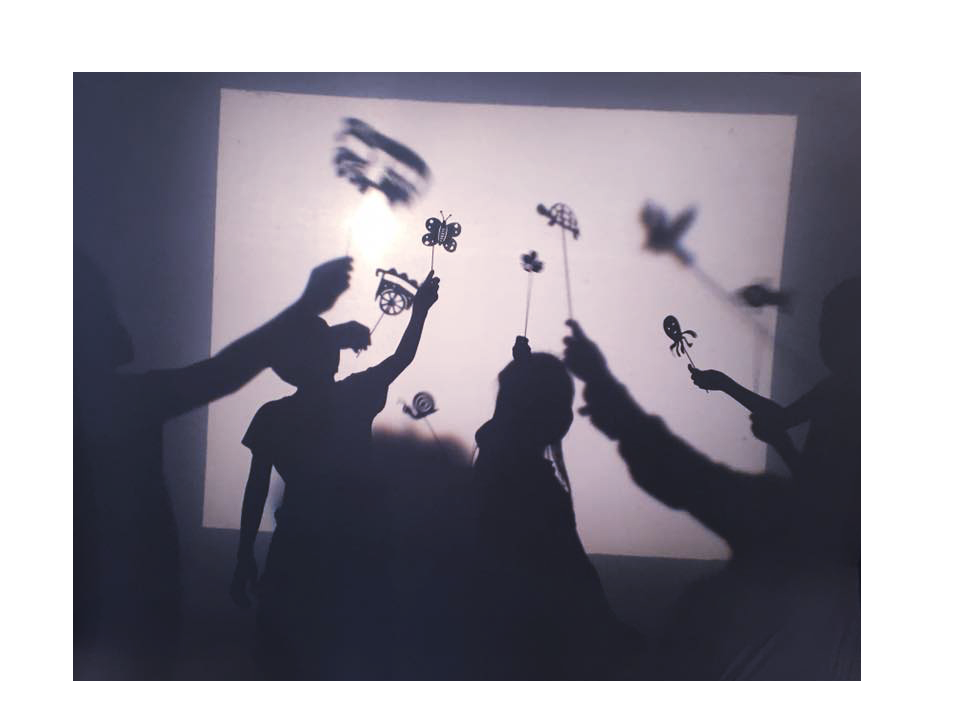
Left-behind children deal with the trauma of losing a parent in the drug war through art sessions where they express themselves, courtesy of groups like Project SOW and Rise up for Life and for Rights Philippines. Photo by Kaela Malig
Putting food on their tables and staying in school are just two problems. Grappling with the trauma of witnessing loved ones killed is another, and will take long to heal.
Sandy was five years old when she watched from a window inside their house how her father got killed. She could not speak for two months after that.
Nanay Jane’s children Anna, Sam, and Noel weren’t there to see their father Fred and brother Jake die the night 15 masked and armed men forcibly entered their house and killed them, but the blood stains on their walls, the bullet holes on their chairs, and the mattress that was dripping wet with their father’s blood are enough reminders of what happened.
“Paano ka hindi maiiyak (How can you not cry)?” asked Nanay Jane during a group sharing. At night, the children either cry themselves to sleep or play on their mobile phones until they’ve exhausted their eyes enough to feel drowsy.
Psychiatrist Maria Cecilia Mallari Ocampo, a fellow at the Philippine Psychiatric Association, said that generally children who witness these kinds of violence may develop post-traumatic stress disorder. They would usually have recurring nightmares, insomnia, and a replaying of the gruesome scene in their minds.
According to psychologist Grace Brillantes Evangelista, chair of the Department of Psychology of Miriam College, it may also lead to learning disabilities, speech delays, and selective mutism like what happened to Sandy.
Evangelista called it a complex trauma, given the many components of what these children had to go through. “Hindi lang basta dying ‘eh (Their fathers didn’t just simply die),” she said. “The cause of death is really tragic and violent.”
Other than that, she said, these children also need to deal with so many emotions that, given their age and limited cognitive capacity, they may feel but will not be able to comprehend. These include the fear, the anger, the sadness over the loss of their father, and the confusion over what happened.
“Bakit kinuha si Papa (Why was Papa taken from us)?” Laura asked her grandmother Lola Susan who lost her son to the drug war. “Wala na akong Papa (I don’t have a Papa anymore).” In an interview with Project SOW, Lola Susan said that words like these from her grandchild would often just stun her to silence.
What became common, however, in the aftermath of their fathers’ death is their aggressive behavior. “Sana di na lang namatay si Papa; sana yung pumatay sa kanya mamatay na din (I wish Papa didn’t have to die; I wish his killer would die too),” said Yana in one of the processing sessions the children had.
“Galit sila na wala silang magawa, hanggang mura na lang. Minsan napapanuod nila sa TV, nagmumura lang sila. Minumura nila yung mga kapulisan, minumura nila si Pangulo (They’re angry that they can’t do anything, so they just curse. Sometimes when they watch TV, they curse at the police, they curse at the President),” Nanay Jane said in a group sharing about her two young boys’ reaction to the death of their father and brother.
According to his Lola Kyla, the boy Henry whose father Ronald was shot dead, now wants to become a policeman when he grows up so he could catch the people who shot his father and then kill them.
Because of what happened to these children, Ocampo says it is possible for them to see the world as an evil and unfair place to live in. They themselves could develop a distorted perception of good and evil, like having a low regard for life and thinking that killing is the right thing to do for misdeeds. But behind their harsh words and tough exterior, at the end of the day they are still vulnerable children with their own fears.
According to Evangelista, all these negative feelings have to be normalized. The children are allowed to miss their father, to feel sad, or to feel angry. And even if some children do not show any signs of trauma, or changes in their attitude, it doesn’t mean it did not affect them in any way. Ocampo said the child may initially look unconcerned or be in denial until a new psychological trauma comes to uncover the deep-seated emotion.
Despite everything the children are undergoing, something can still be done.
According to Erica Malli, a psychometrician at the De La Salle Santiago Zobel School, a big part of psychological first aid is making sure that the primary needs of the victims are met. Talking about deeper emotional concerns will not be effective if they themselves are too preoccupied with something else—whether it be food, having to relocate to a safer home, or money to bury their dead family member. She stressed, however, that debriefing must start immediately after such needs are addressed so as to avoid the development of certain disorders that are harder to treat in the long run.
The most important thing for the children to receive is love, care, and reassurances from their adult caregivers. But considering that these people can also be experiencing some trauma, Malli says it is better for the child to be processed by third-party individuals like counsellors and psychologists who can help them become more emotionally resilient.
“Strengthen their social skills… iyon iyong pinaka importanteng skill na kailangan meron sila (that’s the most important skill they need to have) because they need to know how to express themselves well so they can be understood,” she said. Malli added that they should also be taught positive ways to cope with what they are going through.
Asked to draw what best represented who they were and their situation at home, the children drew numerous imageries and symbols. Huddled in a circle and armed with crayons, pens and pencils, one child drew a table, because as she explained, it represented how she refused to fall; another drew a wall because it was strong in the face of difficulties; yet another drew an eraser because it brought joy inside their home and erased the sadness away.
(Kaela Malig and Andrea Taguines are AB Communication seniors at the Ateneo de Manila University. This report is an abridged version of the thesis they submitted to their adviser Andrew Ty. A full version of their thesis project can be viewed at ChildrenWhoCriedPapa.com)
